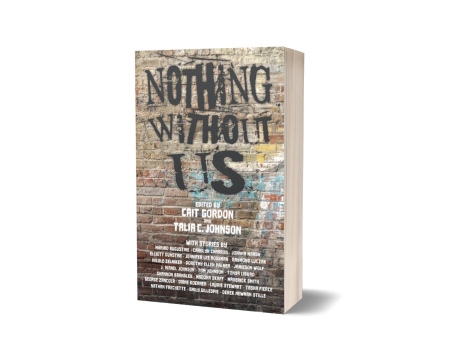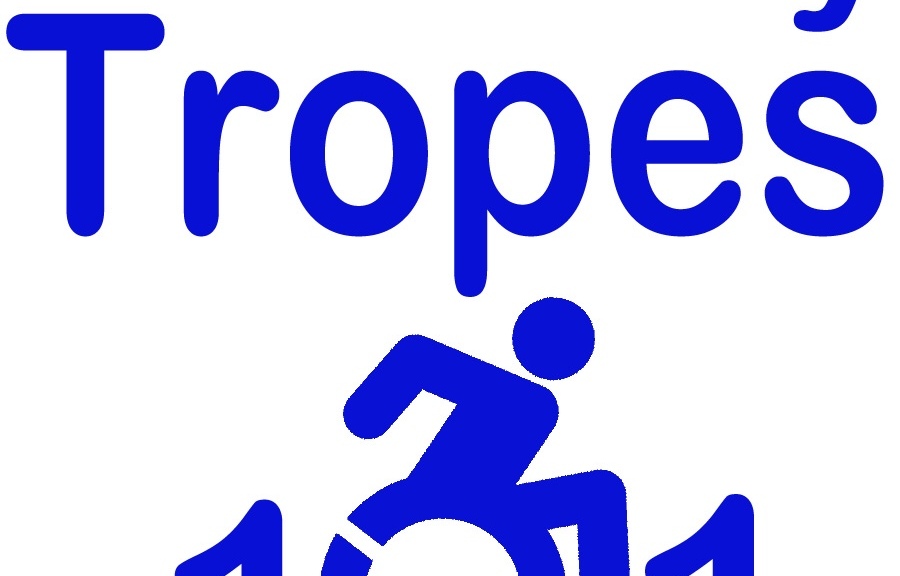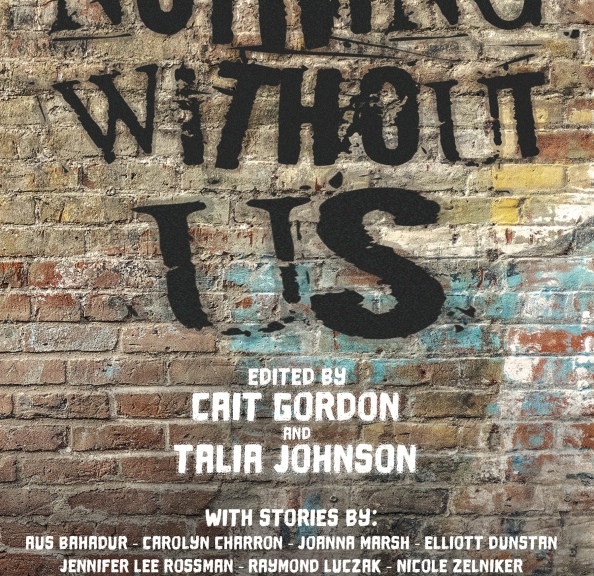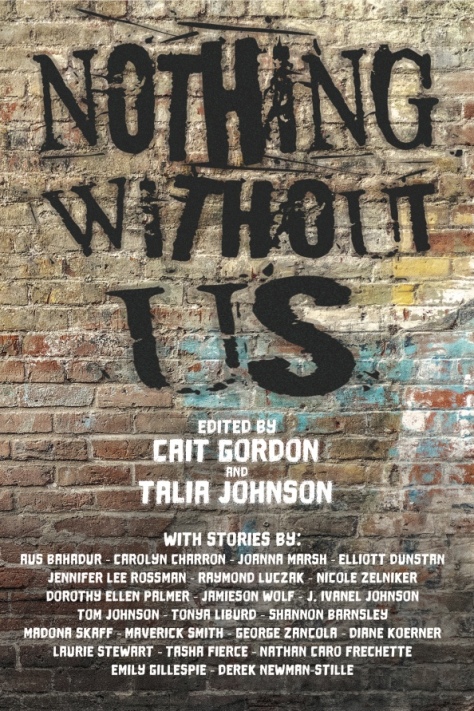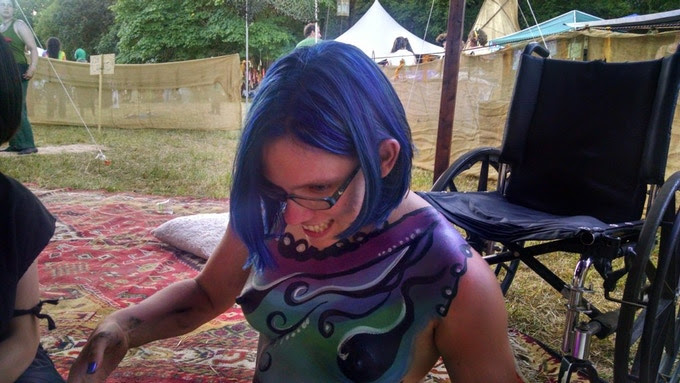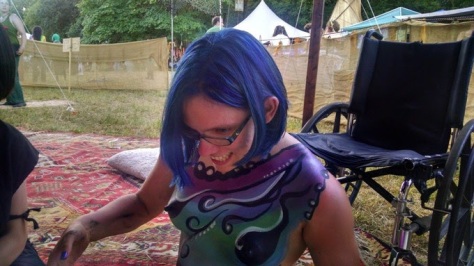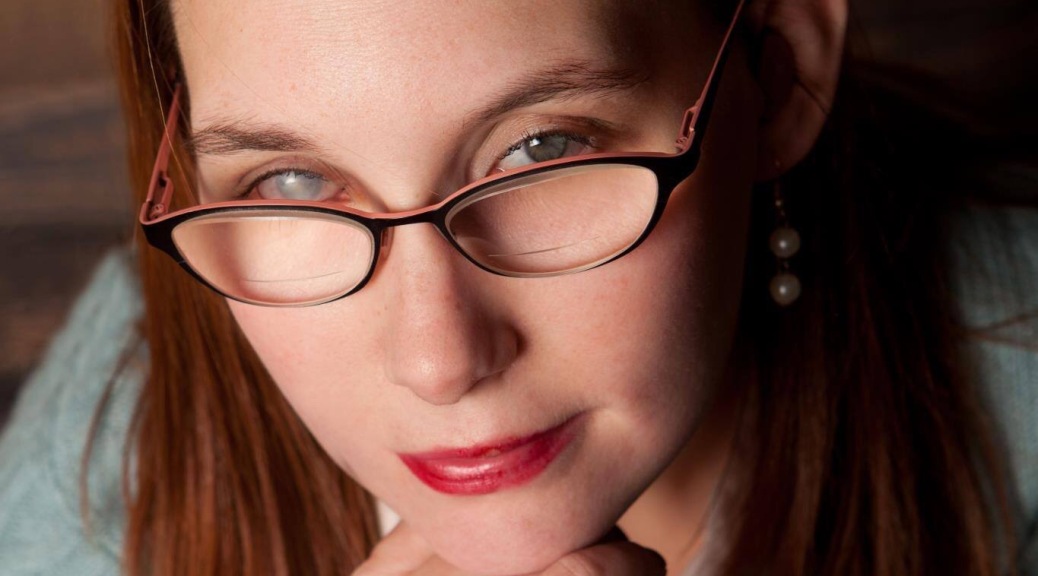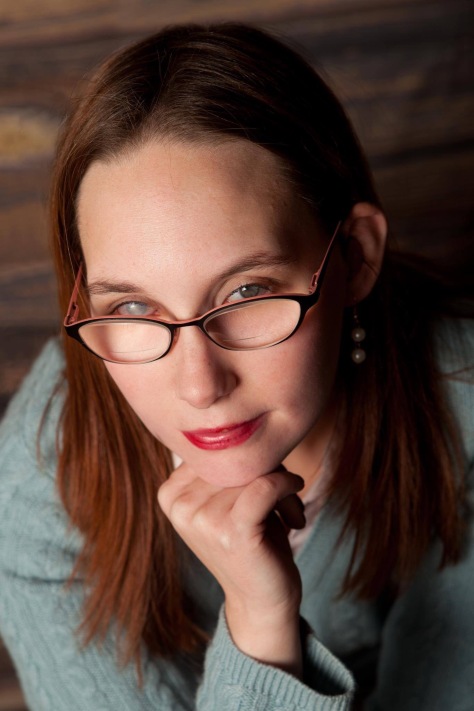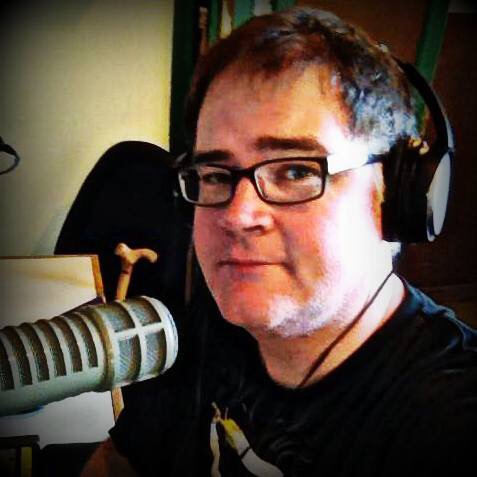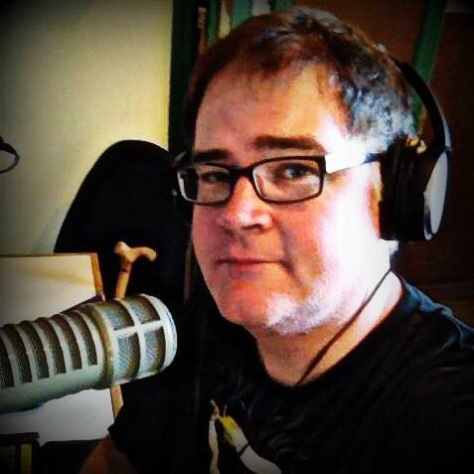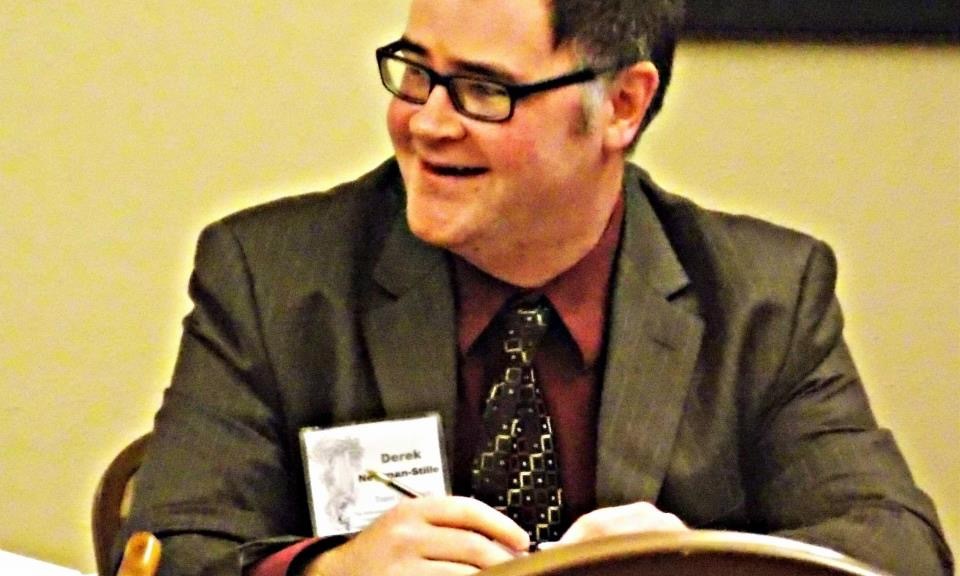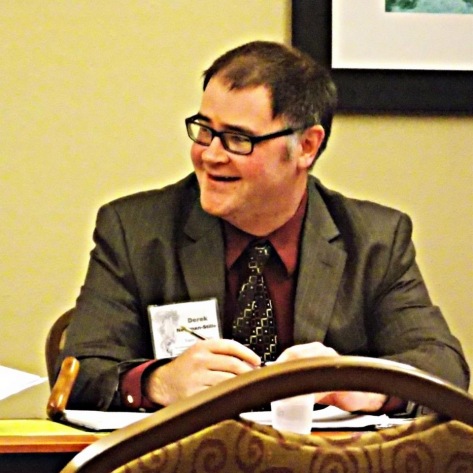Disability Tropes 101- The Magical Cure
By Derek Newman-Stille
While the Spoonie Authors Network is on a temporary break, I wanted to briefly move my Disability 101 posts to my own site – Dis(Abled) Embodiment. If you are interested in checking out the rest of my Disability 101 posts, please go to https://spoonieauthorsnetwork.blog and read them on the Spoonie Authors’ Network. In the meantime, please enjoy my exploration of the Magical Cure Trope
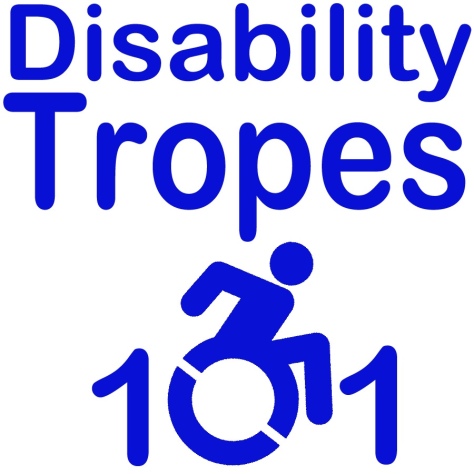
Authors writing about disability frequently have difficulty with the idea that we can live life happily with a disability. This is something that is not limited to literature, and, of course, there are elements of this trope that shape people’s perceptions of disability. For example, when writing a tweet about the problem of people assuming that our lives as disabled people are shaped exclusively by tragedy, I wrote that we can be happy AND disabled. In response, several people send messages that this was impossible and telling me to “f-off” and suggesting that disabled people’s lives can only be filled with suffering and that death is therefore a blessing to us. This ideology is, of course, highly problematic, to the point where it also is cited as the motivations for so-called “angel of mercy” killers to kill disabled people, believing that we are better off dead.
Frequently, abled authors who write about disability feel that they need to either have their disabled characters die as part of their narrative, or have them become magically cured so that they become completely abled. They do this largely because they can’t imagine that one can live a happy life with a disability, so in their wrapping up of their narrative to provide a “happy ending”, they feel the need to either eliminate the disabled character and thus “end their suffering” or to suddenly find a cure for them. There is a term for the first trope that I mentioned – the “Better Dead Than Disabled” trope. However, that isn’t the focus of this particular post. Instead, I want to focus on a related trope, the “Magical Cure”. Both of these are a form of erasure of disability, but the Magical Cure trope relies on the idea that somehow someone’s disability is suddenly erased. Frequently these erasures happen because of the marvels of science, the exertion of willpower (because frequently authors decide that if we want to be abled enough, it will suddenly occur), or because of literal magic. All of these possible cures fall under the “Magical Cure” trope even though only the last one involves actual magic.
Isabel Brittain refers to this trope as the “Happy Endings?” Trope in her article “An Examination into the Portrayal of Deaf Characters and Deaf Issues in Picture Books for Children” (Disability Studies Quarterly, Vol 24, No 1, 2004). She states that in this trope “The author fails to see a happy and fulfilled life being a possibility for a character with an impairment”. She questions the notion of the happy ending by adding a question mark at the end of her title for this trope. She observes that the issue is the failure of imagination of the author to consider that one can have a fulfilled life while also being disabled, but I would also add that in addition to the failure of imagination, the author is also embedded in a culture where ableist ideas about disability are the norm and where it is assumed that disability is the personification of tragedy and “mistake”. Tanya Titchkosky characterizes this well when she states that “What is wrong is seen to belong to disabled people in a more intimate and personal way than it does to others” (Disability, Self, and Society, 2003). Disabled people are perceived as a personification of mistake and tragedy, assumed to be lesser than an able-body. As a result, disability is often conceived of as a fate worse than death and the notion of a happy life for disabled people is not possible for most abled authors to imagine. So disability is perceived as something to be “solved”, as something that is in need of fixing, and therefore abled authors frequently tie up their narratives in what they believe is a happy ending – an erasure of disability entirely.
There is a genre that is particularly wrapped up in the notion of the Magical Cure, and it is the genre that often has an interest in the topic of magic – fantasy. In her paper “Devices and Desires: Science Fiction, Fantasy and Disability in Literature for Young People” (Disability Studies Quarterly, Vol 24, No 1, 2004), Jane Stemp points out that the ease of magic in fantasy means that often disabled people’s bodies are made able with the flick of a wand and a few magical words. But she also points out that fantasy has an interest in the notion of the perfect body and that frequently in fantasy, the imperfect body is also portrayed as an imperfection of moral character. Fantasy has, as she suggests, a pattern of replicating “mythical, perfect archetypes” and as a result, has a fascination with ideas of “perfection” and its relationship to the body and ability.
Frequently the Magical Cure in fantasy is connected to the idea of the quest and the notion of suffering and triumphing over evil in order to finally be rewarded with a cure and live happily ever after. This problematically reinforces the idea that able-bodiedness is not just an ideal state for any body, but can be a reward if one works hard enough.
The trope of the cure can be particularly damaging for disability rights since it also suggests that disabilities can and should be fixed, which is particularly problematic for people whose disabilities are not aided by medical or other interventions. It also reinforces the idea that funding should be given to cures rather than to accommodations to disabled people, suggesting that our disabled bodies should be changed instead of changing the social and physical environment that provide barriers to our access. So instead of working to include us, this trope reinforces the idea that we should change our bodies in ways that are painful or impossible in order to fit into a one-body-type-fits-all ableist system and environment.
I want to highlight some fantasy works that resist this trope, particularly Alison Sinclair’s Darkborn Trilogy, in which there is a world where magic exists and where half the population is blind, but they never try to modify themselves through magic in order to see. Their blindness is part of their culture and their cultural interactions. I talk about this extensively in my article “Where Blindness Is Not (?) a Disability: Alison Sinclair’s Darkborn Trilogy” (Mosaic Vol 46, No 3, 2013), so I don’t want to replicate that here. I also want to highlight a fantasy story published this year in the all disabled anthology Nothing Without Us (Renaissance Press), titled “The Descent” By Jamieson Wolf. In this story, Wolf’s narrator, Jefferson, initially sets out to learn magic in order to “cure” his disability, even dissociating himself from his disability by naming it “Max Shadow”. Despite learning magic, Jefferson is not able to “cure” his disability and eventually seeks an oracle, once again turning to magic in order to try to remove his disability. Yet, throughout the narrative, Jefferson gains a certain intimacy with Max. Not only does he not remove his disability through magic, he gradually comes to understand Max, embracing him and shifting his perspectives on the need to be “cured”. “The Descent” deals with the internalized ableism we feel as disabled people, often assuming that the only way that we can interact with the world is through being “cured”, i.e. made able-bodied. Wolf’s use of the disability as a personified character who is interacting with the disabled person he comes from allows for an exploration of that dissociation from disability that our internalized ableism can create, but it also allows for the disability itself to be personified and humanized. Instead of othering the disability, Wolf’s technique personifies disability and brings up ethical questions around the erasure of disability.
